Quotables: Wild Judaismby Rabbi Mike Comins In the below passage, the 13th century Torah commentator Nachmanides, the Ramban, shares his extraordinary view on tzelem Elohim, the image of God. In Genesis 1:26, God says, “Let us make the human in our image, after our likeness.” The immediate problem is the plural language. Who is God speaking to? Besides God, in whose likeness, at least in part, does God presumably create the human?
The second issue is that in our chapter, the verb bara (create) is used only when God is the subject, and only in two instances: the first act of creation (Genesis 1:1) and here, with regard to the human (1:27). In the first instance God, it is reasoned by medieval, religious philosophers like Nachmanides, created the universe yesh m’ayin, that is, creatio ex nihilo, something from nothing. (This is in opposition to the plain meaning of the text, where we meet an already created universe of tohu v’vohu, of chaos. For various reasons, this was unacceptable to the philosophers.) Since the verb bara appears again with reference to the creation of the first human, many conclude that people, too, were created yesh m’ayin. Not so, says Ramban.
1 Comment
Quotables: Wild JudaismGuide of the Perplexed, Part III, chapter 13 It should not be believed that all the beings exist for the sake of the existence of humanity. On the contrary, all the other beings too have been intended for their own sakes, and not for the sake of something else.… this is what one ought to believe. For when people know their own soul, make no mistakes regarding it, and understand every being according to what it is, they become calm and their thoughts are not troubled by seeking…any final end for what has no final end except its own existence, which depends on the divine will--if you prefer you can also say: on the divine wisdom.
Quotables: Wild JudaismIn looking at the Hebrew view of nature, it is a common mistake to pay more attention to the form—the bare idea of a single transcendent God—than to the content, both legal and poetic. The content of the Bible shows, as the great nineteenth-century naturalist Alexander von Humboldt noted, a greater and more sweeping sense of the grandeur of nature than is found among the Greeks, even at their most “pagan.” (p. 52)
Quotables: Wild JudaismOne generation goes, another comes,
but the earth abides forever (Ecclesiastes 1:4) Rabbi Judah ben Korchah said: One could argue that the verse should have read, “The earth goes and the earth comes, and the generation abides forever”-- because which was created for the sake of which? The earth was created for the sake of a generation!* But a generation doesn’t abide by God’s commands-- hence it decays; whereas the earth abides by God’s commands-- hence it does not decay. *i.e., for the sake of human beings |
Welcome to the TorahTrek eJournal! Here you will find videos, interviews, articles, photos, and educational materials on the interconnections between Judaism, wilderness, spiritual practice and sustainability. Our goal is to support the spiritual/ethical lives of individuals, enliven and strengthen the Jewish community, and promote a sustainable society living in balance with the earth. Explore the eJournal by clicking on the topics below. Please share these resources with your friends! Topics
All
|
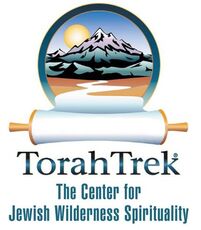
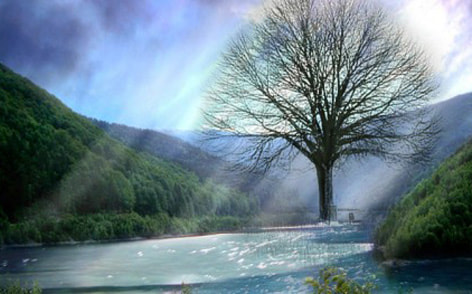
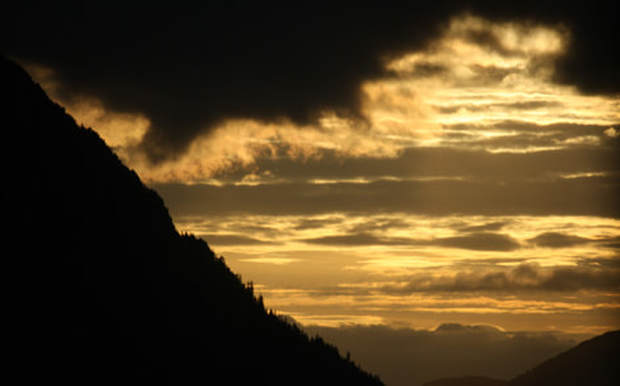
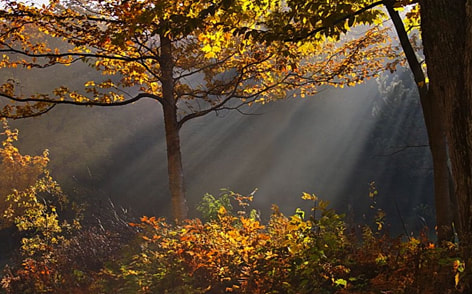
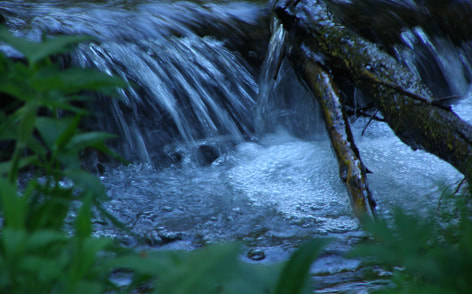
 RSS Feed
RSS Feed